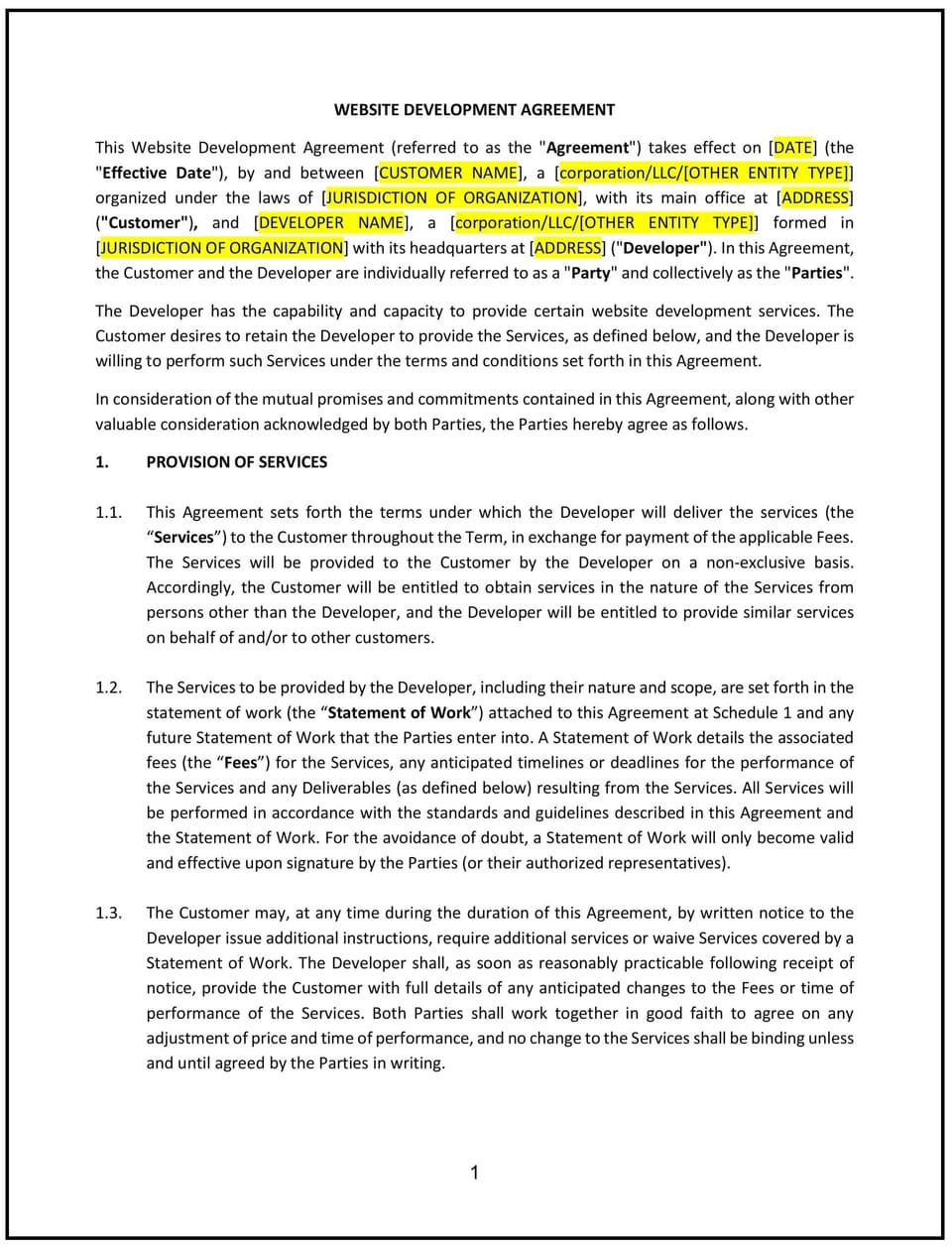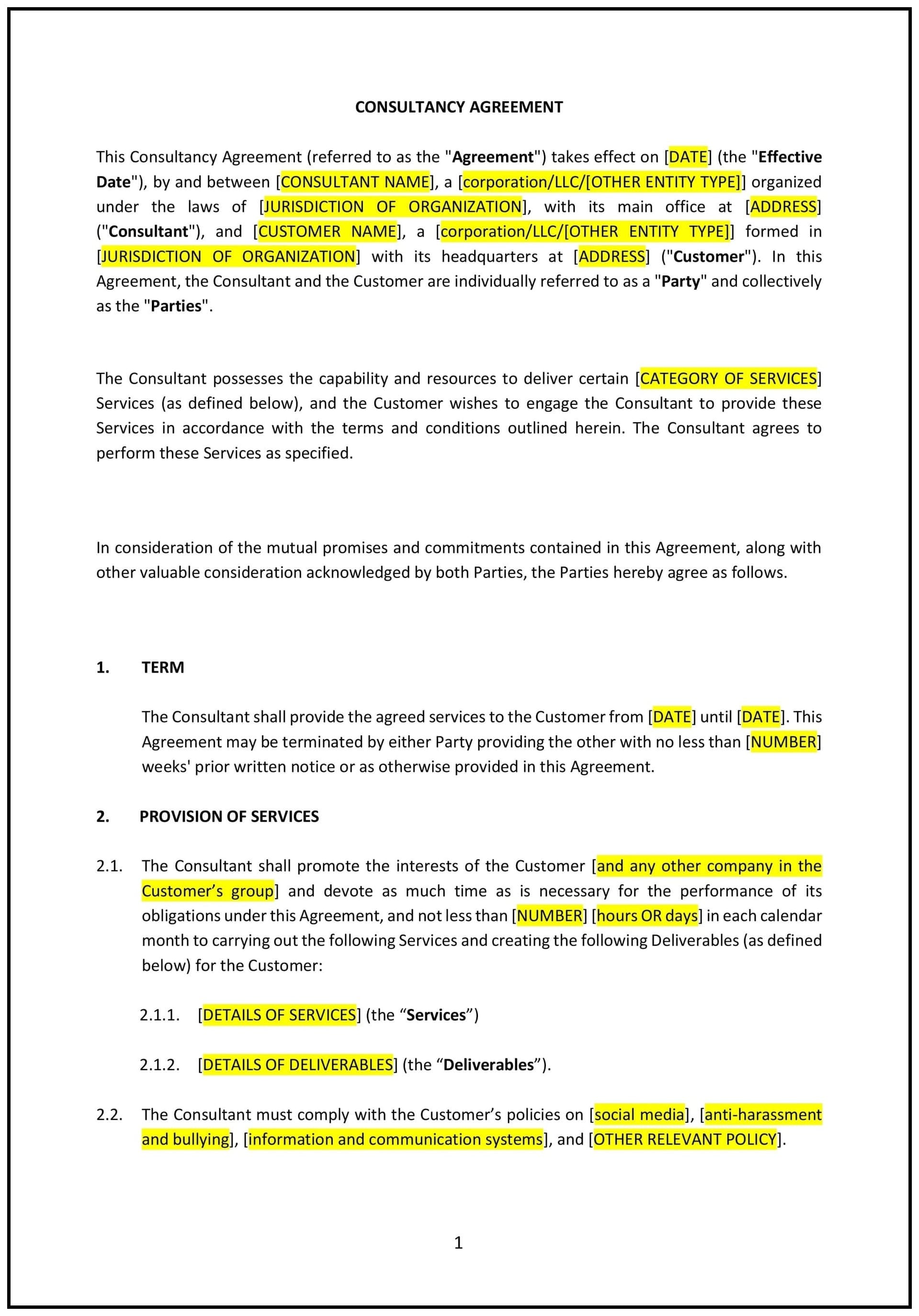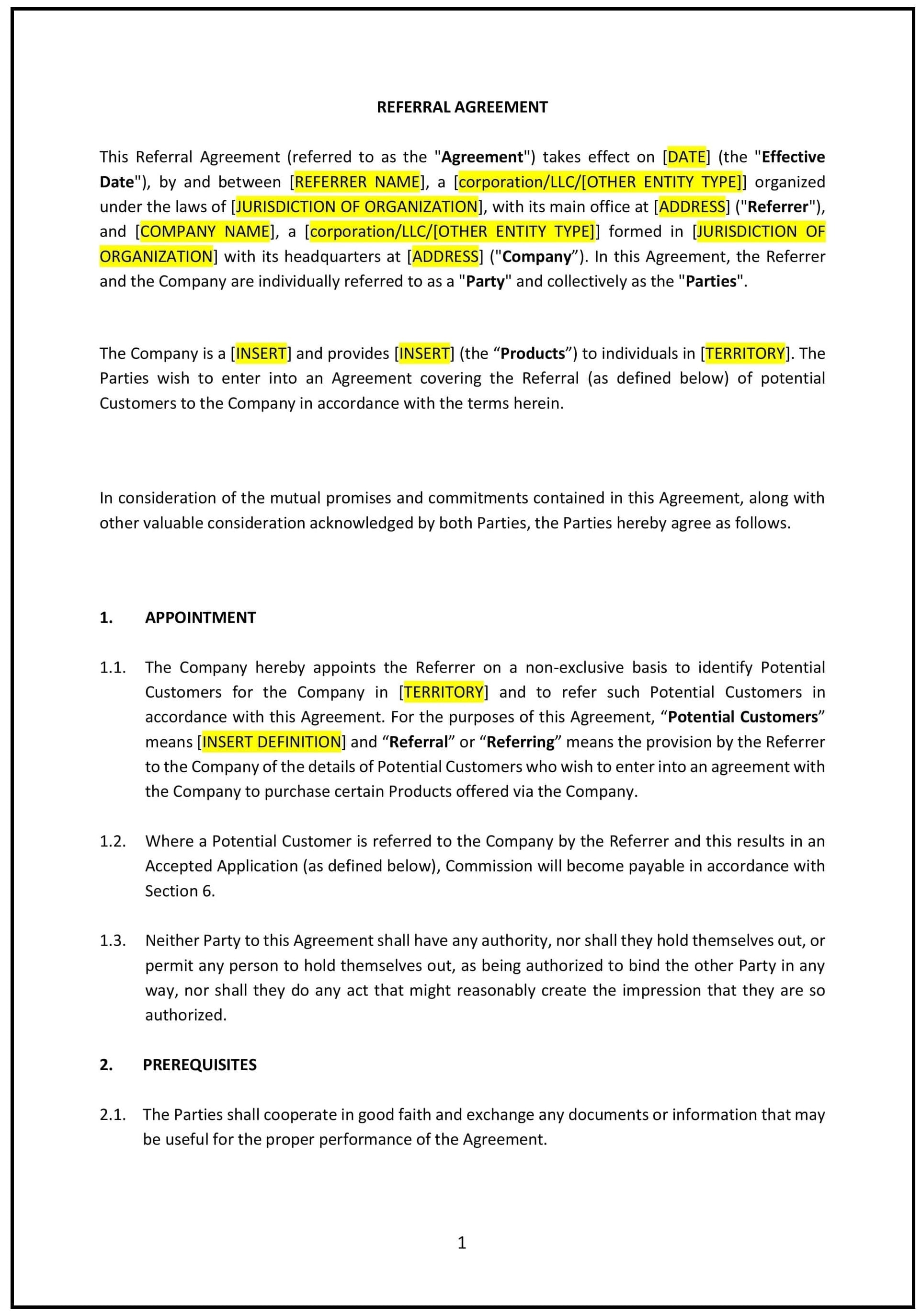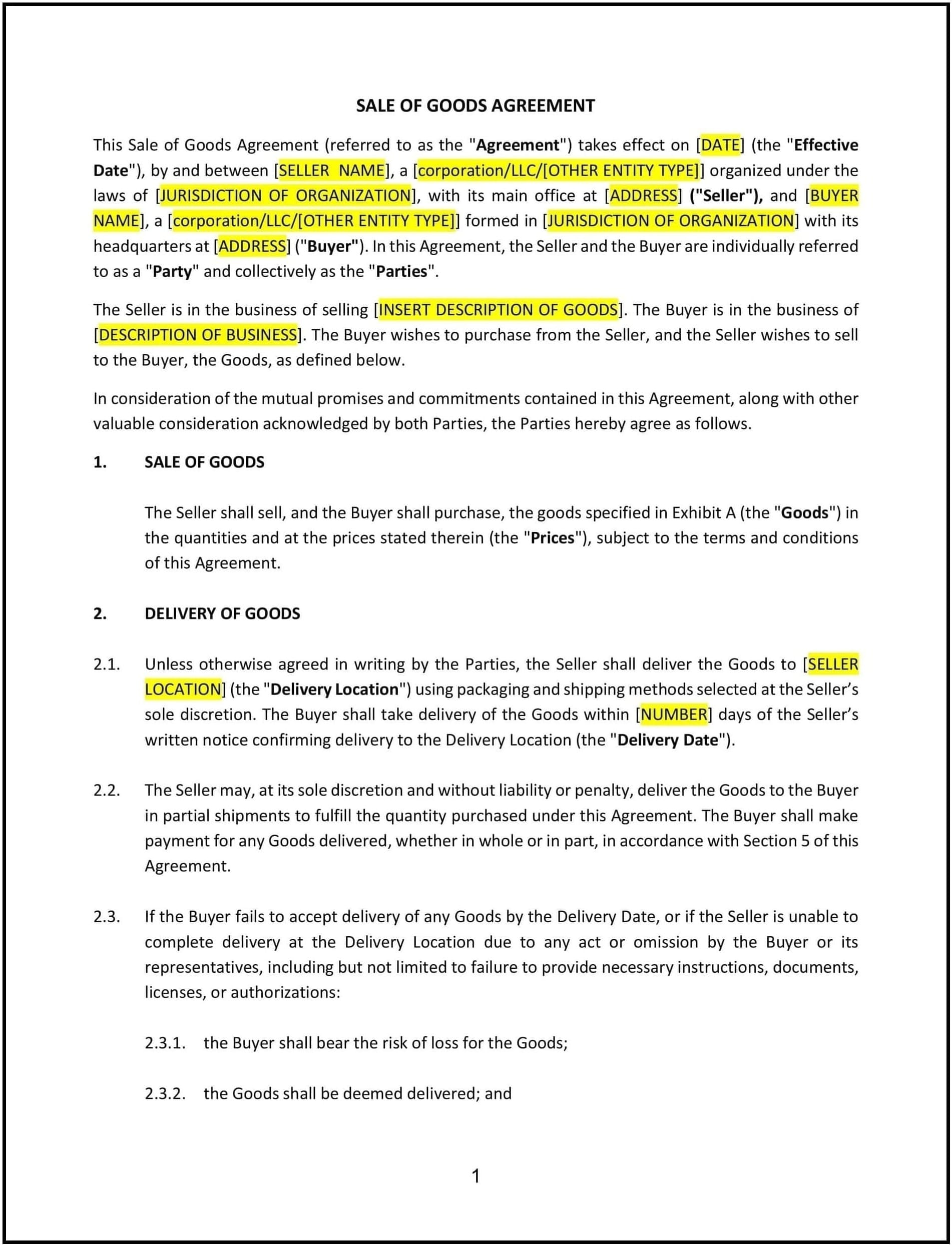Website Development Agreement (Alaska): Free template

Website Development Agreement (Alaska)
A Website Development Agreement is a legally binding contract between a website developer and a client, outlining the terms and conditions for the design, development, and delivery of a website. In Alaska, this type of agreement is commonly used in industries like technology, retail, healthcare, tourism, and professional services to ensure clear expectations and accountability. Alaska’s growing tech sector and business-friendly environment make Website Development Agreements essential for businesses seeking reliable and professional web development services.
This agreement ensures that both parties understand their obligations, including project timelines, payment terms, intellectual property ownership, and dispute resolution mechanisms. For example, a small business in Anchorage might use a Website Development Agreement to hire a developer to create an e-commerce site, while a healthcare provider in Fairbanks might use it to build a patient portal. A well-drafted Website Development Agreement protects both the developer and the client by minimizing misunderstandings and fostering trust.
Tips for drafting and maintaining a Website Development Agreement in Alaska
- Define the scope of work clearly: Specify the services to be provided, including design, development, testing, and maintenance. For example, outline whether the agreement includes SEO optimization, mobile responsiveness, or ongoing support.
- Include detailed payment terms: Outline the payment structure, whether fixed-price, hourly, or milestone-based. Specify invoicing procedures, payment deadlines, and any penalties for late payments. For instance, state that payments will be made in three installments: 30% upfront, 40% upon completion of the design phase, and 30% upon final delivery.
- Address intellectual property ownership: Ensure that the client owns the final website and its content, while the developer retains ownership of any pre-existing tools or code used. Include clauses that transfer ownership upon full payment.
- Include termination clauses: Specify the conditions under which either party can terminate the agreement, such as breach of contract or failure to meet deadlines. Outline any payments due upon termination.
- Comply with Alaska laws: Ensure the agreement adheres to Alaska’s contract laws and any industry-specific regulations. For example, if the website collects user data, ensure compliance with privacy laws and regulations, such as the Alaska Personal Information Protection Act (AS 45.48).
- Regularly review and update: Periodically update the agreement to reflect changes in the scope of work, business needs, or legal requirements. For example, if the client requests additional features, amend the agreement to include these.
Frequently asked questions (FAQs)
Q: What should a Website Development Agreement include in Alaska?
A: It should include the scope of work, payment terms, intellectual property ownership, termination clauses, and compliance with Alaska laws. Additionally, it should specify how disputes will be resolved.
Q: How does Alaska law impact Website Development Agreements?
A: Alaska follows federal contract laws but also enforces state-specific regulations, such as the Alaska Personal Information Protection Act (AS 45.48), which may apply if the website collects user data. Businesses must ensure compliance with both state and federal requirements.
Q: Can a Website Development Agreement be terminated early in Alaska?
A: Yes, if the agreement includes a termination clause, either party can terminate the contract with reasonable notice. The terms should specify any penalties or payments due upon termination, ensuring fairness for both parties.
Q: What industries commonly use Website Development Agreements in Alaska?
A: Industries like technology, retail, healthcare, tourism, and professional services frequently use Website Development Agreements in Alaska. For example, a retail business might hire a developer to create an e-commerce site, while a healthcare provider might build a patient portal.
This article contains general legal information and does not contain legal advice. Cobrief is not a law firm or a substitute for an attorney or law firm. The law is complex and changes often. For legal advice, please ask a lawyer.


